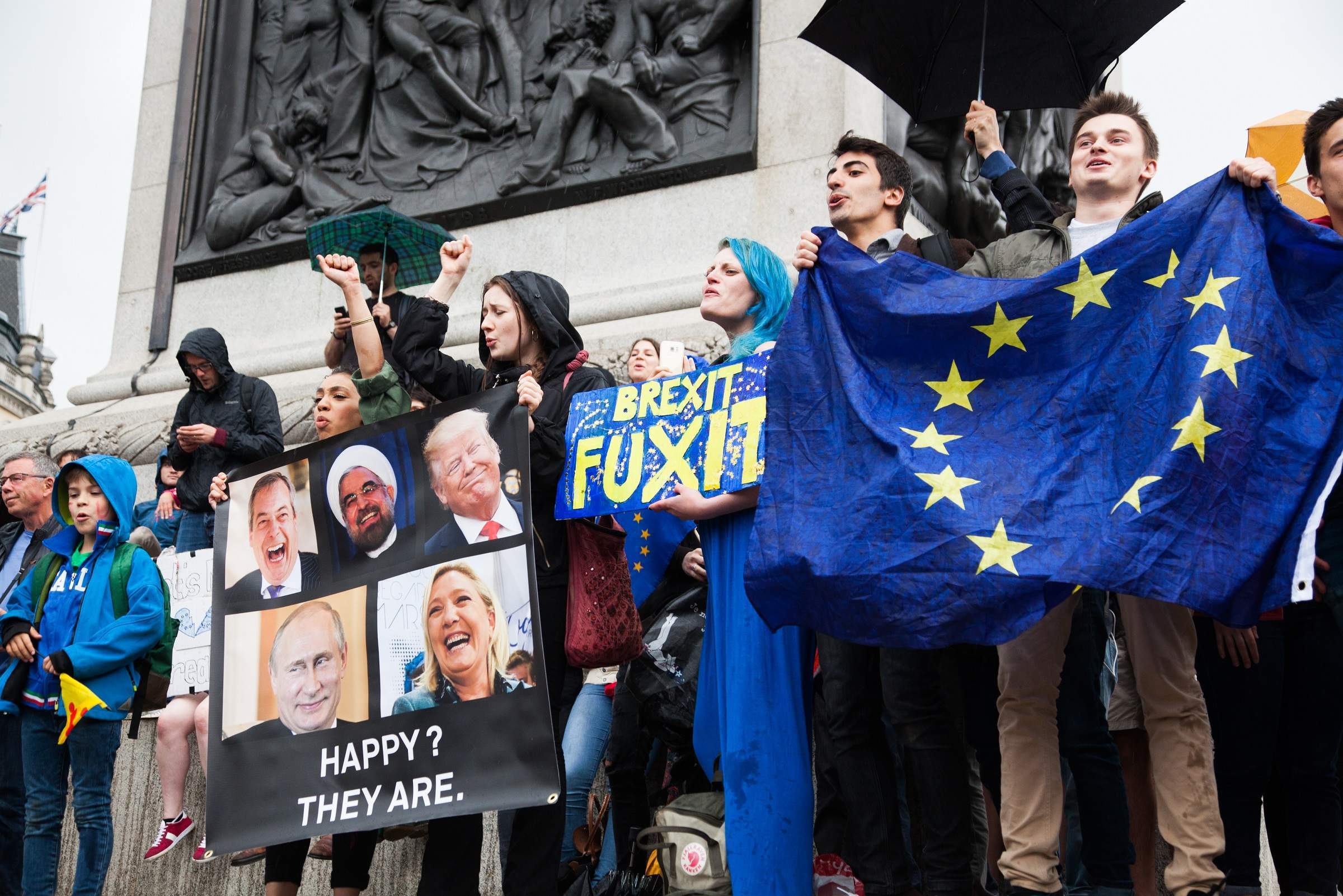
UK prime minister Theresa May has set out initial plans to safeguard EU citizens’ rights in the UK once it leaves the European Union (EU).
A year after the UK voted to leave the EU in a referendum vote, May told EU leaders at a summit in Brussels that she wants to ensure the 3.2m EU citizens living in the UK currently will not be deported after a cut-off date.

Access deeper industry intelligence
Experience unmatched clarity with a single platform that combines unique data, AI, and human expertise.
May also said that EU citizens who had lived in Britain for five years could say for life and those there for less would be allowed to stay until they reach the five-year threshold for “settled status”.
A British official said the offer was “aimed at giving as much certainty as possible to citizens who have settled in the UK, building careers and lives, and contributing so much to our society.”
German chancellor Angela Merkel described the offer as “a good start” but many questions remained.
European Commission boss Jean-Claude Juncker said May’s proposals were “a first step but not sufficient”.

US Tariffs are shifting - will you react or anticipate?
Don’t let policy changes catch you off guard. Stay proactive with real-time data and expert analysis.
By GlobalDataThe question of citizenship for EU nationals in the UK is one of the biggest parts of the Brexit negotiations which began earlier this week.
What has been said about EU citizens so far?
1. The House of Lords attempt to defeat the government over citizens’ rights
When the Brexit Bill was passing through the Houses of Parliament, the Lords voted for an amendment calling for the protection of the rights of EU nationals in the UK.
The Lords votes overwhelmingly, by 358 to 256, against the UK government. The government said it was “disappointed” by the result.
The House of Commons later defeated this amendment, and passed the Brexit Bill.
The Brexit secretary David Davis said he would take “moral responsibility” for guaranteeing the rights of EU citizens in the UK.
2. EU citizens shouldn’t live “under a cloud of uncertainty”
A cross-party group of MPs, the Exiting the EU committee, has said the UK should make a unilateral decision to safeguard the rights of EU nationals living in the UK.
They have said EU citizens shouldn’t be forced to live “under a cloud of uncertainty” now that Article 50 has been triggered by Theresa May.
Hilary Benn, the committee’s Labour chairman, said:
“EU citizens who have come to live and work here have contributed enormously to the economic and cultural life of the UK. They have worked hard, paid their taxes, integrated, raised families and put down roots.”
As well, the MPs argued it would be unconscionable for EU citizens not to have clarity about their status in the UK for another two years.
3. Will Article 50 lead to EU citizens being deported?
A European politics specialist, Anand Menon, warned that EU citizens in the UK could find themselves unfairly deported after Brexit.
Menon said there were concerns about EU nationals leaving the UK and being refused re-entry. He told the New Statesman:
“Bureaucratic rules don’t take into account the specific circumstances of the individuals. Any possible model for EU citizens in this country will involve unfairness.”
A Dutch woman, who has lived in the UK for 24 years and has a British husband, was told by the Home Office she should make arrangements to leave the country after she applied for citizenship after the referendum.
4. What has the EU said?
The European Union made up of the Commission, Council and Parliament, has collectively said that “EU law must apply until Brexit Day”, which is set to be March 29, 2019, two years after May triggered Article 50.
An EU resolution leaked to the Guardian said that the cut-off date for preventing EU citizens moving to the UK should not be before March 2019 otherwise this would be breaking EU law.
This week, EU member states signed European Council president Donald Tusk’s guidelines on how the bloc will negotiate Brexit. One of the main deals is that UK citizens in the EU and EU citizens in Britain should be guaranteed “reciprocal treatment”.
Why is guaranteeing EU citizens’ rights such a big deal?
One of the major issues in the EU referendum campaign was over freedom of movement, which allows EU citizens to move to different countries in the bloc, allowing them to live and work in different places.
A study released this week, conducted by Rose Meleady from the University of East Anglia (UEA) published in the British Journal of Social Psychology, found that “prejudice towards EU immigrants was a powerful predictor of support for Brexit [while] positive contact with immigrants have prejudice-reducing effects.”
So immigration was a factor in determining which way people would vote in the campaign.
The problem for May now is balancing the views of the 52 percent who voted to leave in the referendum and that of the EU leaders who want to ensure their citizens are protected.







